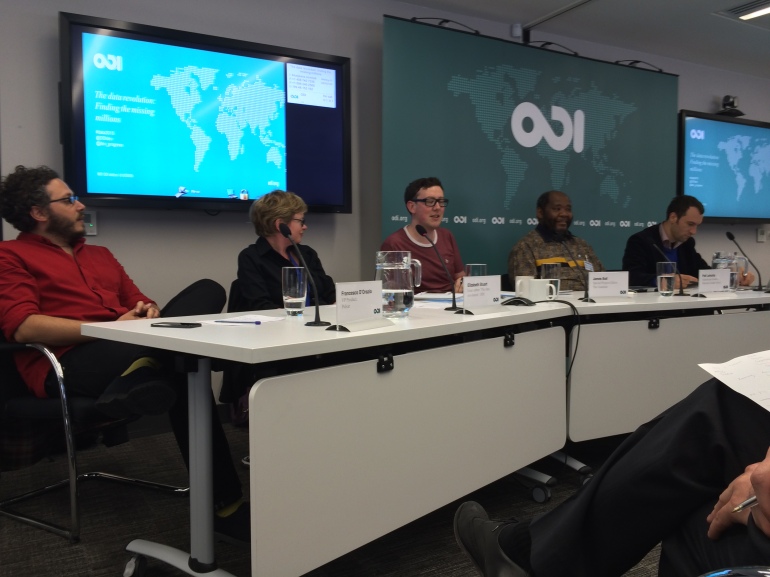In November last year the Kings Sierra Leone Partnership (KSLP) charity received a funding grant from The Department for International Development (DFID) to continue their efforts against the Ebola virus in Sierra Leone. The charity has been working in Sierra Leone with the Ministry of Health (MOH) there since 2011, to try and improve the health care system and general health of the country. Many volunteers were already in place when the Ebola outbreak started to spread, so they continued their work with the MOH but stepped up their Ebola treatment and prevention efforts.
Now that Ebola cases are sparse in Sierra Leone, I was able to catch up with the King’s Sierra Leone Partnership about the grant money the received last year, what it went towards and how it helped contribute to bringing about an end to the outbreak.
What needs to be funded in Sierra Leone?
I spoke to Max Manning-Lowe, the administrator for the partnership about what the DFID grant money was used for. Manning-Lowe described how the grant money went partly towards funding more medical volunteers, but how also the money was used to look after the mental health and well being of the volunteers already out there. Through simply providing the volunteers with a short break and holiday, this grant money went towards the continuing efforts of all involved with the charity. Although the grant has come from DFID and not the BIS section of treasury (where science funding usually comes from), it is clear that this money went towards furthering health, science and research regardless.
Watch the video below for more.
What was it like in Freetown?
I also spoke to Chris Curry, who is a volunteer with the partnership, about his experience in Sierra Leone last summer. Curry is a final year medical student who hopes to return to Sierra Leone once he has finished his medical training this year year.
He talks through his experience in the youtube clip below.
